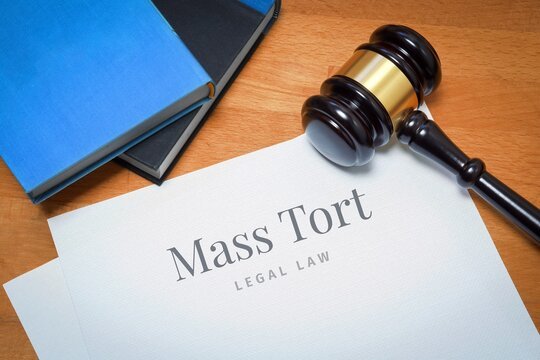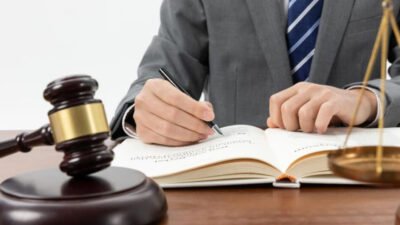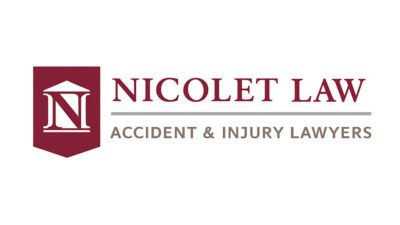If you believe you’ve been harmed by a defective product or dangerous drug, it may be time to get legal help from Dolman Russo law group to understand your options. Many people confuse mass torts and multidistrict litigation (MDL) or simply don’t know where to begin. This article addresses key questions about what these types of cases really mean, who can join them, how the process works, and what you should expect.
What is a mass tort case?
A mass tort is a civil legal action in which multiple individuals file separate lawsuits against one or more defendants for harm caused by a similar product, drug, or event. Each person’s claim in a mass tort remains individual rather than treating everyone as one collective class. For example, many people might sue the same manufacturer of a medication or a defective device but receive compensation based on their particular injuries and exposure.
How is a mass tort different from a class action?
While both involve numerous plaintiffs, the differences are important. In a class action, one lawsuit represents a large group of similarly affected individuals, and the outcome typically applies uniformly to all members. In contrast, a mass tort allows each person’s claim to be treated separately even though cases may be managed together. That means compensation in a mass tort often depends on each claimant’s unique situation, injuries, and documentation.
What does multidistrict litigation (MDL) mean?
An MDL is a legal procedure used to streamline complex mass torts by consolidating many individual cases into one federal court for pretrial matters. It does not merge the cases into a single lawsuit; each plaintiff retains their individual case. Common issues, like expert reports or discovery documents, are handled more efficiently in the MDL process, and after the pretrial phase, cases may return to individual courts or settle.
Am I eligible to participate in a mass tort or MDL?
Eligibility typically requires three key elements: you suffered harm, the harm links to a specific product or event, and someone (often a manufacturer or company) may be liable. If you used a product and later developed injuries consistent with other claimants, you may qualify. Timely action is crucial: statutes of limitation and filing windows differ by jurisdiction, so reaching out early matters.
What does the process look like and how long will it take?
Initially, your attorney will review your case—medical records, exposure to a product, and the nature of your injury. Then, if your case falls under a larger mass tort, it may be brought into an MDL to streamline pretrial proceedings like discovery and depositions. Some cases settle during this phase, while others move toward bellwether trials or individual trials. The timeline often spans months to years depending on complexity, volume of claims, and whether a settlement is negotiated.
What types of damages can I recover?
Damages vary by case but commonly include economic losses (medical bills, lost wages, future care) and non-economic losses (pain and suffering, emotional distress). Some mass torts may also seek punitive damages if the defendant’s conduct was especially reckless. Because each claimant’s situation differs, outcomes vary widely—another reason personalized legal guidance is important.
What are the benefits of joining a mass tort vs going alone?
Joining a mass tort or an MDL offers access to shared resources—expert witnesses, document maps, case networks—that would be difficult to replicate individually. At the same time, you retain control over your claim rather than being bound by class-wide rules. With strong representation and coordinated strategy, your chances of fair compensation improve.
What should I ask when consulting an attorney?
Important questions include: “Have you handled similar mass torts or MDLs?”, “What are my risks and benefits if I join this case?”, “What fees will I pay and when?”, and “What deadlines or documentation do I need to meet?” A reputable law firm will explain roles, filing requirements, and support systems in plain language.



